Guardians of the Galaxy is nothing like Marvel’s Avengers — and that’s why I love it
Guardians of the Galaxy is the Marvel game we deserve
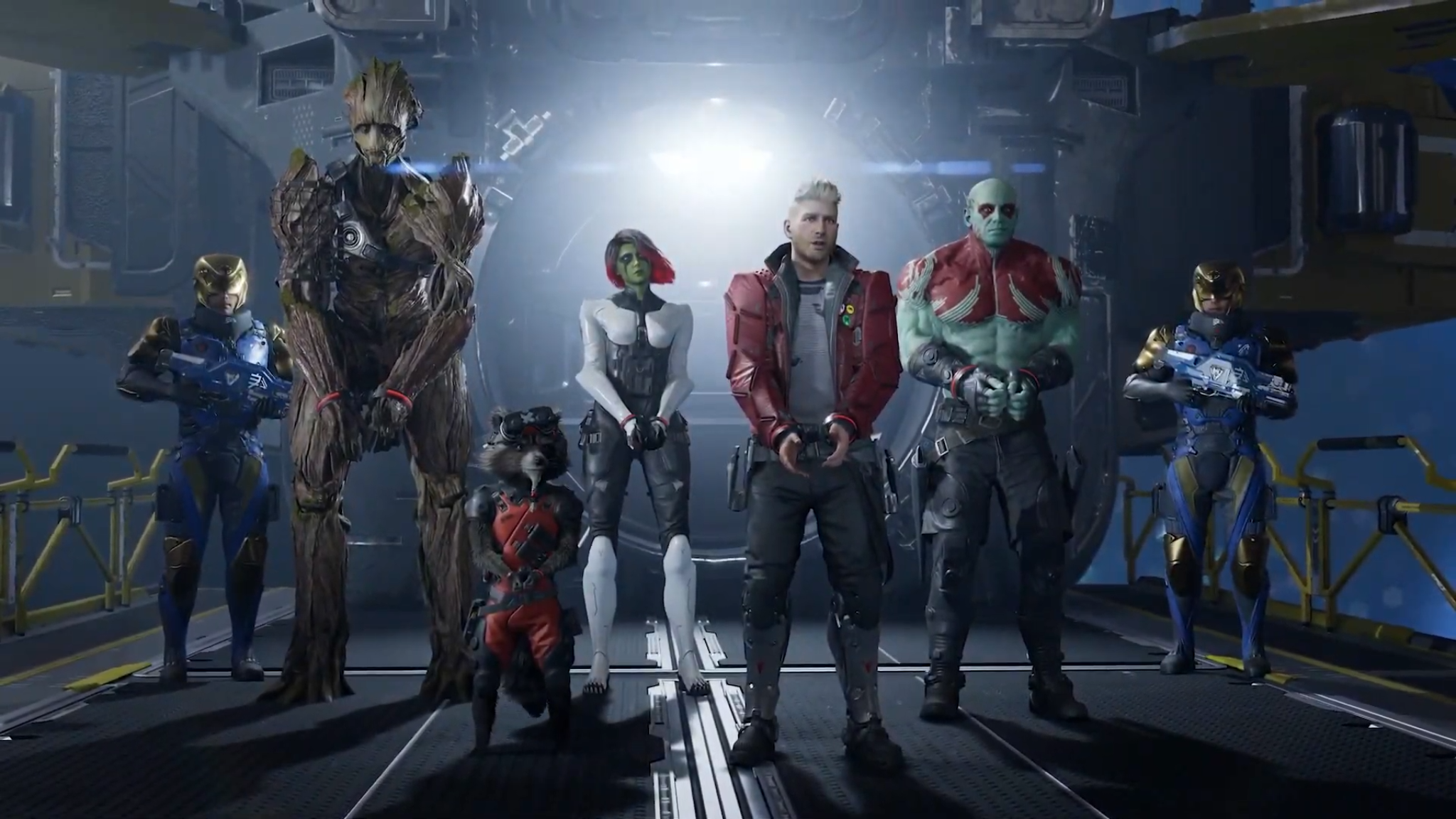
When the Guardians of the Galaxy game was announced at E3 2021 many were immediately dismissive, myself included. After being badly burnt by Square Enix’s last comic book video game, Marvel’s Avengers, I assumed this would be more of the same.
I’m delighted to report that my first impressions were dramatically wrong. Guardians of the Galaxy is not just one of 2021’s strongest releases, but it’s one of the best superhero games ever made. It rivals the likes of Batman: Arkham City and Insomniac’s Spider-Man. That’s the level of quality we’re talking about here.
- Marvel’s Guardians of the Galaxy review: A hard-rocking space adventure
- The best PS5 games right now
- Plus: Riders Republic review
Perhaps what’s most surprising is how Guardians of the Galaxy avoids all the pitfalls that made Marvel’s Avengers such a disappointment. While Guardians was developed by Eidos Montreal and Avenger came from Crystal Dynamics, both share the same publisher in Square Enix. Because of this, I had expected plenty of shared DNA between the two titles but they couldn’t be more different — and that’s a very good thing.
A game like they used to make
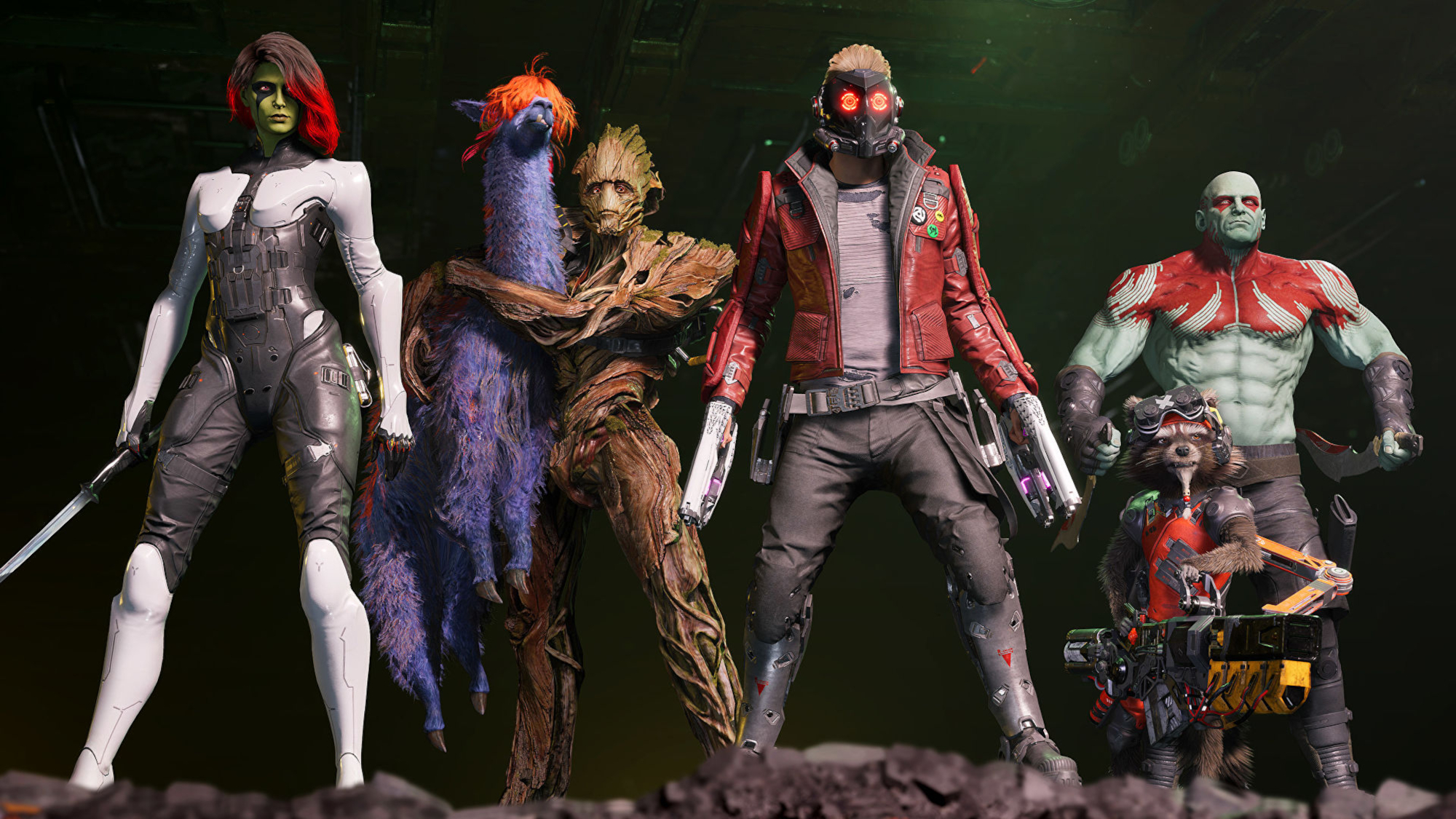
Guardians of the Galaxy is a hyper-focused single-player action game. Perhaps its closest modern analogy would be 2019’s Star Wars Jedi: Fallen Order. There are no co-op missions or pieces of loot to level up, there’s just an exhilarating 16-hour story for you to blast through.
Marvel’s Avengers takes the exact opposite approach. It's a title that very much falls within the dominant live service genre. It’s designed to always give players something to do: a new piece of loot to grind for, a daily challenge to complete, or a modified mission for you to run through for the umpteenth time.
The problems with this approach to game design have been well reported, but in short, it often feels like running on a treadmill. Sure, you’re constantly moving but you never actually get anywhere. Progress in Marvel’s Avengers is often for progress’s sake rather than because you’re having fun.
That’s certainly not the case in Guardians of the Galaxy. The focus here isn’t on grinding repetitive content for a new piece of armor with slightly higher stats. Instead, you’re swept up in a grand story that takes you to gorgeous planets and introduces a whole roster of engaging characters. The journey is the fun part, it’s not all about chasing the fleeting dopamine rush that comes with getting an “epic” piece of loot.
Get instant access to breaking news, the hottest reviews, great deals and helpful tips.
It’s quite fitting that Guardians of the Galaxy has a soundtrack stuffed with classic rock tunes because in today’s gaming industry it feels decidedly old school — in the best way possible.
Avoiding the uncanny valley
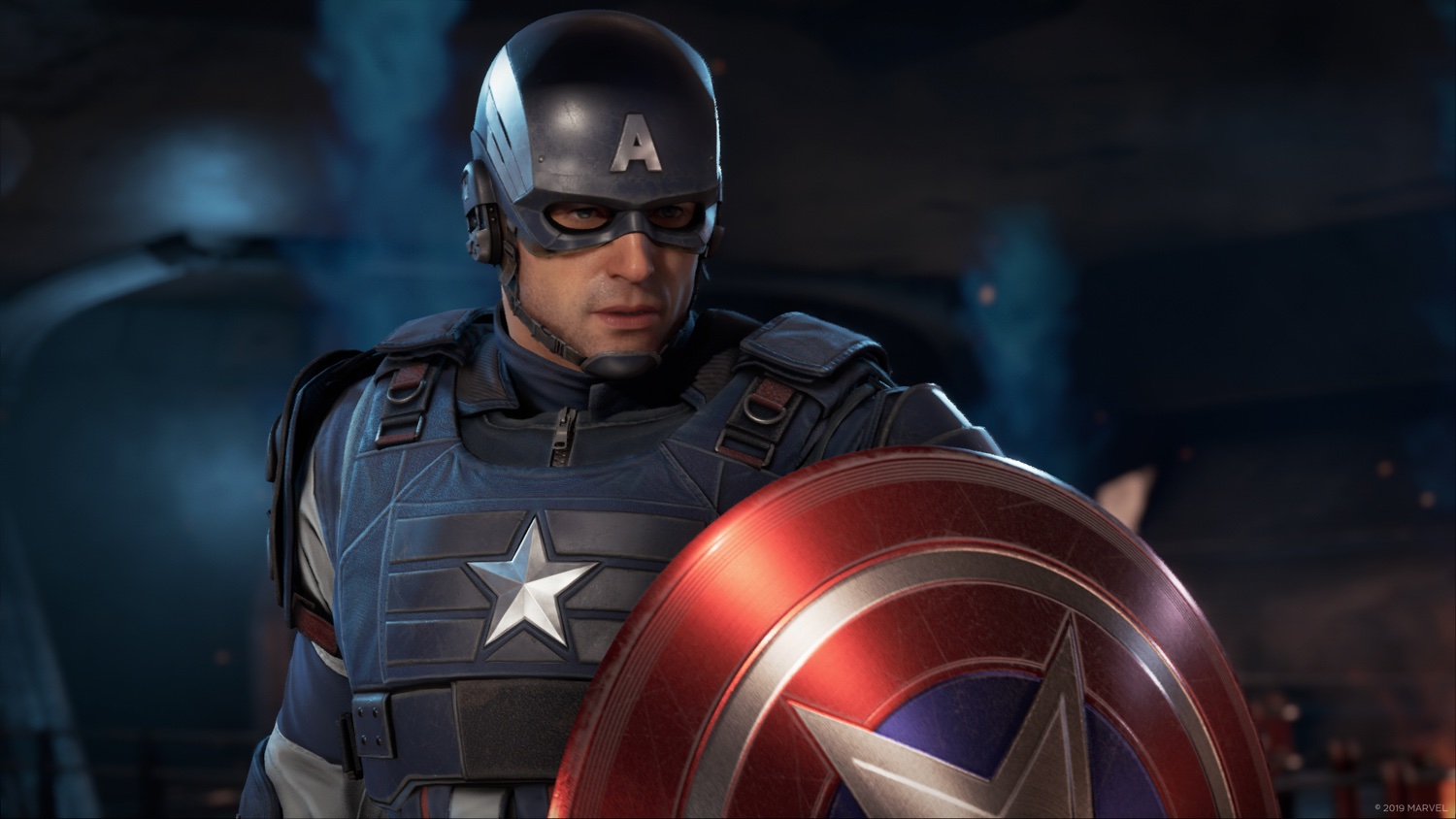
The Guardians of the Galaxy game also makes the wise decision to draw a clear distinction between its version of the characters and the ones made famous by the 2014 Marvel Cinematic Universe feature film.
There are similarities, of course. Star-Lord is still obsessed with 80s music; Rocket is regularly sarcastic; Drax doesn’t understand social cues; Gamora is frequently irritated by her companions; and Groot only speaks a single three-word sentence. But these versions of the characters don’t feel like cheap MCU knock offs.
Unfortunately, Marvel’s Avengers has never been able to get out of the long shadow of the MCU. Some players labeled its takes on Iron Man, Captain America and Thor as Walmart versions of their big-screen counterparts, and it’s hard to disagree.
Guardians of the Galaxy skirts this issue by giving its five-some unique backstories and relationship dynamics that differentiate them from previous adaptations. This helps it feel like a story set within a fresh cannon, rather than a tale that is just mimicking the films we've all rewatched endlessly on Disney Plus.
The Guardian of the Galaxy
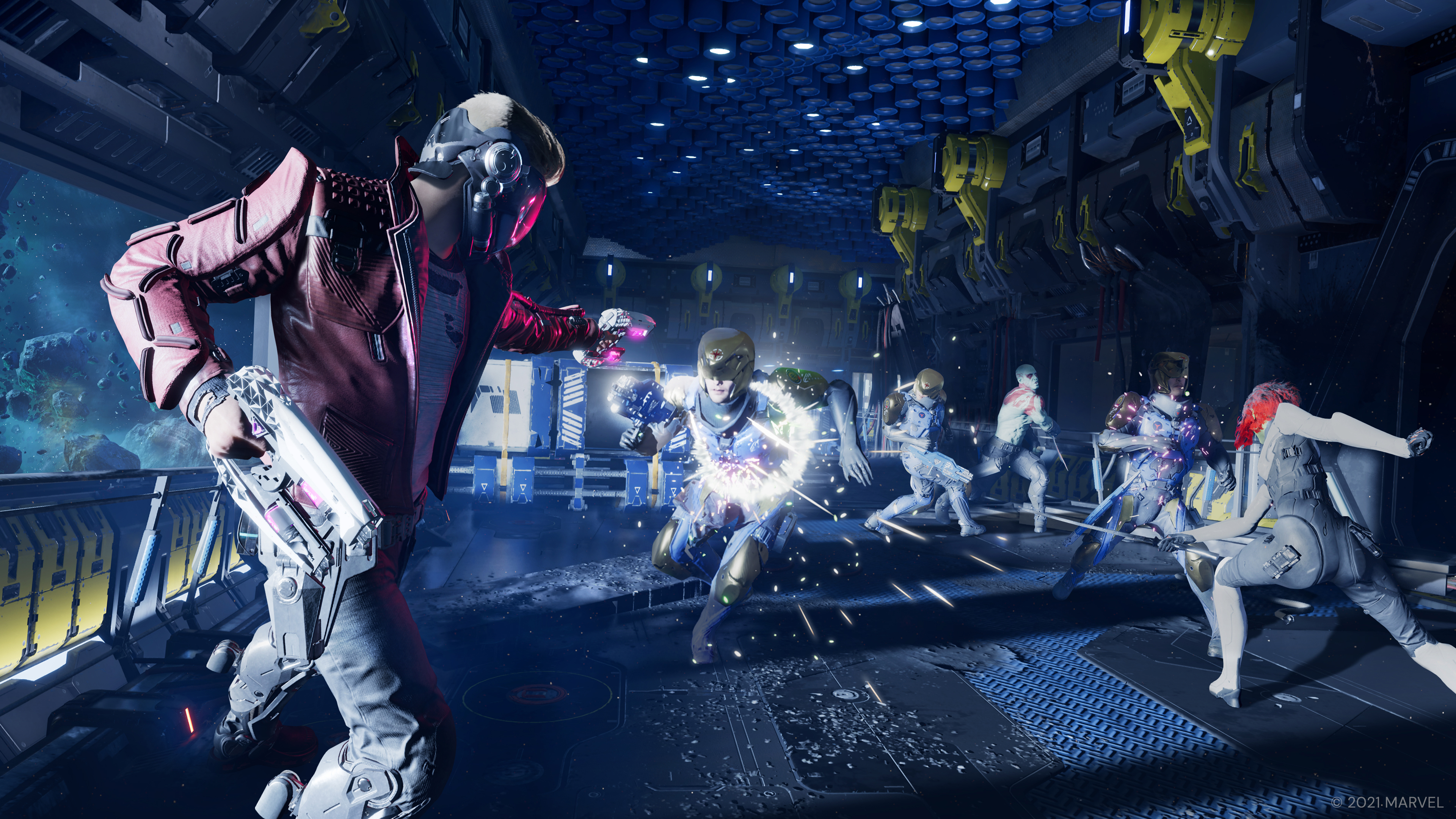
One aspect of Guardians of the Galaxy that has really taken me by surprise is how much I’ve enjoyed its central focus on Peter “Star-Lord” Quill.
When it was confirmed that only Star-Lord would be playable I was initially confused. How can you make a Guardians of the Galaxy game and only have a single playable character? But the developers clearly knew what they were doing because restricting players to just one character serves both the story and gameplay.
Without going into spoilers there are plenty of personal moments for Star-Lord throughout the game’s main campaign. These story beats have a stronger impact because we spend the entire game playing as him rather than regularly switching between the cast.
On the gameplay side, having just a single playable character creates a combat system that is easy to wrap your head around. If you want to get proficient in Marvel’s Avengers you are practically forced to pick a character to main. Neglecting the rest of the playable cast in the process. In Guardians, that decision is taken out of your hands.
Guardians vs Marvel's Avengers: Polar Opposites
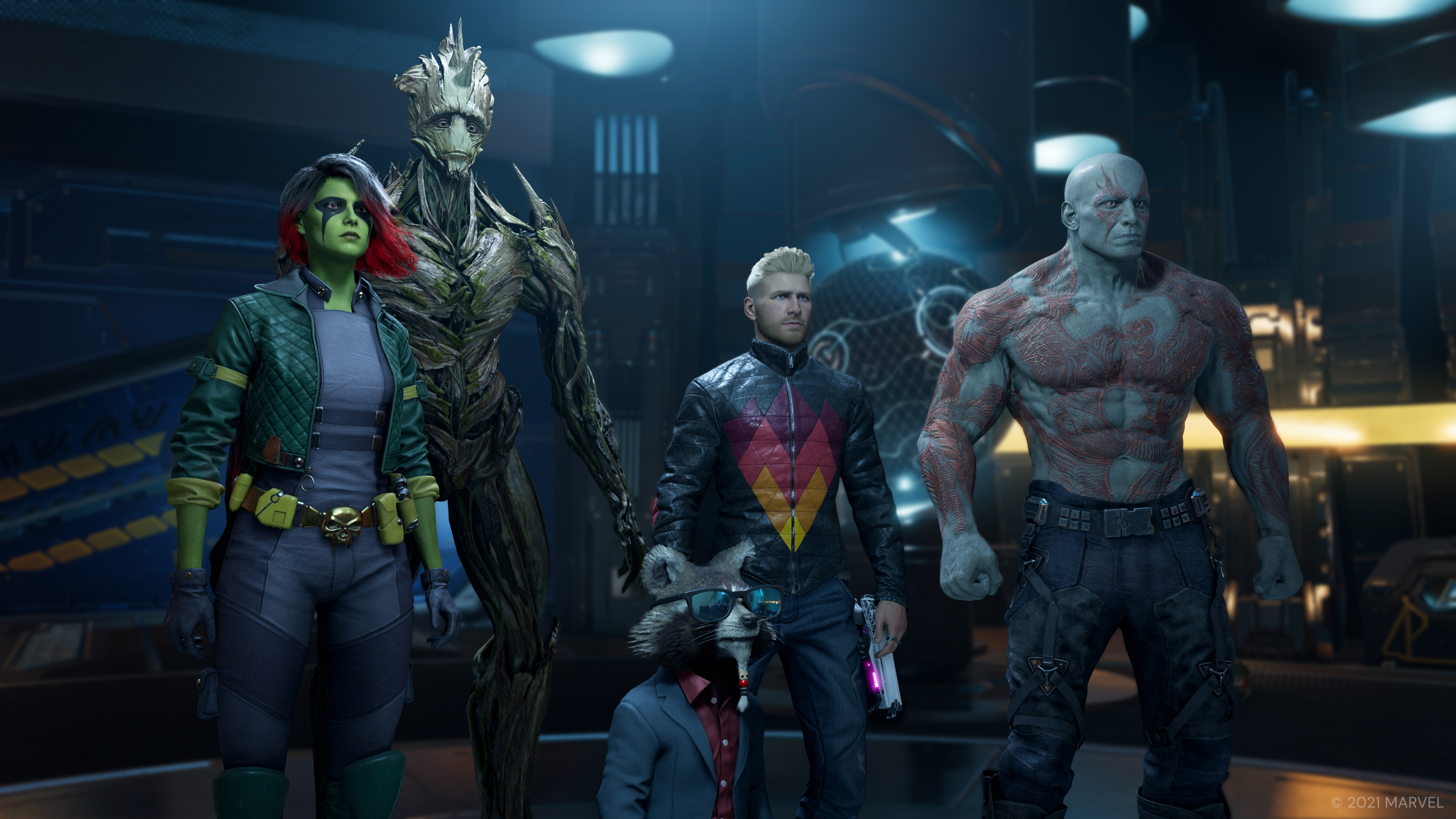
I find it fascinating that two Marvel games with such drastically different approaches have been released by the same publisher within a year of each other. Of course, Marvel’s Avengers has its fans, and of the two it’s certainly the more content-rich, but Guardians of the Galaxy is the exact experience I personally want from a superhero game. And based on its positive critical and audience reception, I'm not alone on that.
That’s not to say it’s a perfect game, the combat can be repetitive and a stronger focus on exploration would have been appreciated, but by ripping up the Avengers formula, Eidos Montreal and Square Enix have delivered the video game that these beloved Marvel heroes truly deserve. That’s something I didn’t expect.
- More: Everything we know about Marvel's Spider-Man 2

Rory is a Senior Entertainment Editor at Tom’s Guide based in the UK. He covers a wide range of topics but with a particular focus on gaming and streaming. When he’s not reviewing the latest games, searching for hidden gems on Netflix, or writing hot takes on new gaming hardware, TV shows and movies, he can be found attending music festivals and getting far too emotionally invested in his favorite football team.
 Club Benefits
Club Benefits





